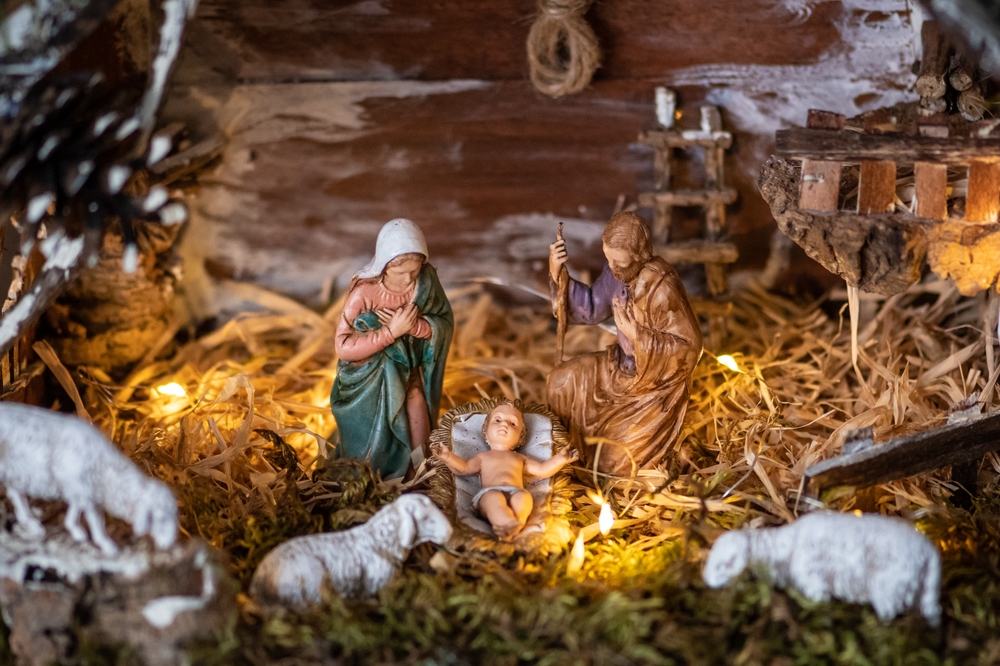Inconsistencies in the biblical narrative have fueled skepticism.
Others are reading now
For centuries, the town of Bethlehem has been synonymous with the birth of Jesus, its name etched into Christian tradition.
Depictions of the Nativity, replete with shepherds, wise men, and a humble manger, have become central to Christmas celebrations.
Yet, the question of where Jesus was truly born remains a subject of scholarly debate.
Was it Bethlehem in Judea, as the Bible suggests, or another location altogether?
Also read
Scholars and Archaeologist Look Into It
The Gospels of Matthew and Luke both reference Bethlehem as the birthplace of Jesus, fulfilling a prophecy from the Old Testament that the Messiah would come from the City of David.
Archaeological evidence supports the town’s existence during the time of Jesus, with artifacts dating back to the Iron Age and the first century AD, according to 20minutes.
Scholars like Dr. Clyde Billington argue that the biblical accounts, though written decades later, provide the best available evidence for Bethlehem in Judea as the site of Jesus’ birth.
However, inconsistencies in the biblical narrative have fueled skepticism.
The Gospel of Luke, for instance, describes Mary and Joseph traveling to Bethlehem for a Roman census, a detail historians have questioned due to a lack of corroborating evidence.
Critics like Professor Helen Bond suggest that the story of Jesus’ birth in Bethlehem may have been crafted to align with Jewish prophecies about the Messiah.
Adding to the complexity, some archaeologists propose alternative locations.
Aviram Oshri of the Israel Antiquities Authority argues that Jesus may have been born in Bethlehem of Galilee, a smaller town closer to Nazareth.
Oshri points to Byzantine-era ruins, including a hidden cave and possible guesthouse, as evidence of the town’s significance. Yet, this theory has not gained widespread acceptance, as no ancient texts link Jesus explicitly to this site.
Others propose an even simpler explanation: that Jesus was born in Nazareth, the town where he grew up and where his family lived.
Nazareth, unlike Bethlehem, lacks prophetic significance, but it aligns with early references to Jesus as “Jesus of Nazareth.”
Ultimately, the exact location of Jesus’ birth may never be definitively proven. For many believers, the spiritual significance of the Nativity transcends questions of geography, remaining a cornerstone of faith and tradition.


